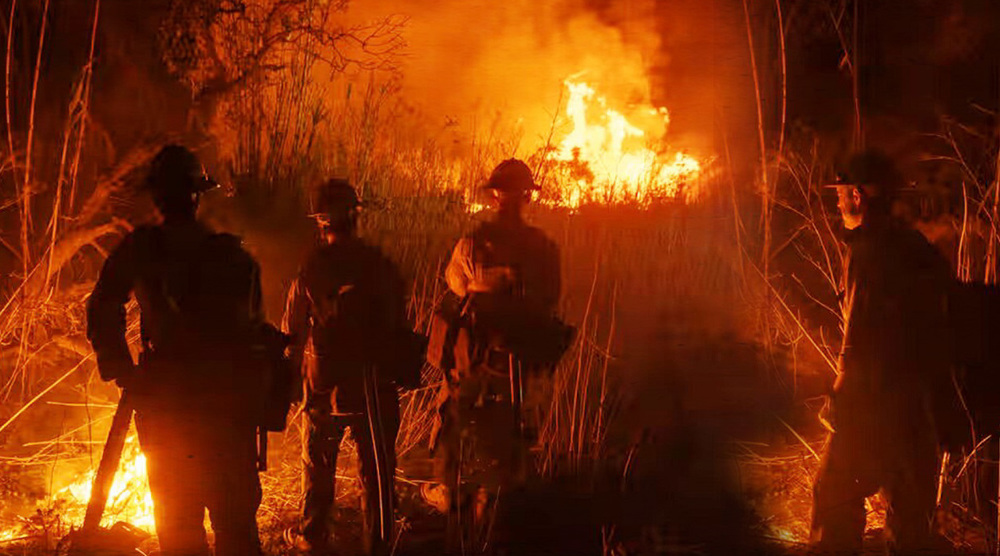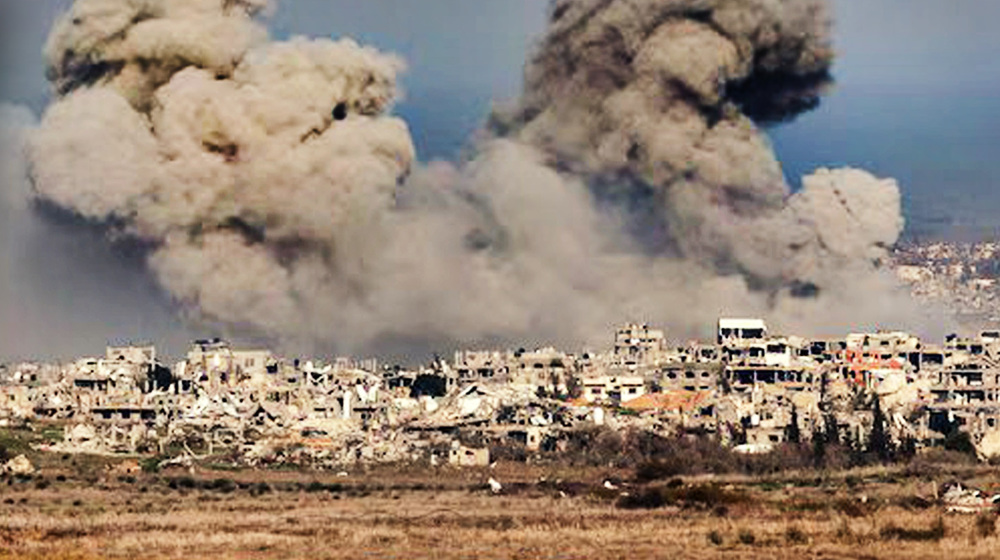Eurozone recession fears grow as business activities decline
Ramin Mazaheri
Press TV, Paris
Evidence continues to mount that France and the Eurozone are facing a long period of recession. French economic output just contracted for the first time in 18 months, with Germany’s business activity plunging even deeper. The decline in output and demand has almost too many causes to list.
At six months into the unrest in Ukraine Europe’s energy import costs have now quadrupled. The costly conflict shows no sign of easing, as Brussels has abandoned diplomatic efforts with Moscow.
The current drought across the continent appears to be the worst in the last 500 years, hurting crop yields, sparking wildfires and increasing pessimism. That’s helped push the euro to its lowest level in 20 years - the euro is now worth less than the United States dollar.
Despite the increasing gloom last month the European Central Bank decided to raise interest rates for the first time in 11 years. That makes borrowing even more costly for businesses and individuals, and could spark mass layoffs, bankruptcies and home foreclosures.
The United States has hiked interest rates faster than in Europe, while indicating that more rate increases will arrive soon. Since the Great Recession began Western central banks have aligned their overall policies, though they do not move in an exact lockstep.
The cost of living crisis is expected to significantly worsen this winter. However, many say a negative outlook for the world’s most unstable macro-economic bloc is more accurately described in years and not just seasons.
Analysts say a possible solution to Europe’s energy crisis is to implement the JCPOA pact on Iran’s nuclear energy program. However, both Washington and Tel Aviv continue to hinder Europe’s ability to protect its own economic interests.
Jan. 15: ‘Axis of Resistance’ operations against Israeli occupation
VIDEO | US fires: Criticism mounts over govt. failure to respond
VIDEO | Fears, hope in Gaza amid intensified ceasefire efforts
VIDEO | Press TV's news headlines
Hamas: Ceasefire agreement result of steadfastness, resistance in Gaza over 15 months
Hamas thanks Iran, Resistance Front following achievement of ceasefire in Gaza
'Capitulation': Israeli officials and media concede Gaza defeat as truce unfolds
'Gaza has won': Social media users react to ceasefire with mix of relief, joy









 This makes it easy to access the Press TV website
This makes it easy to access the Press TV website